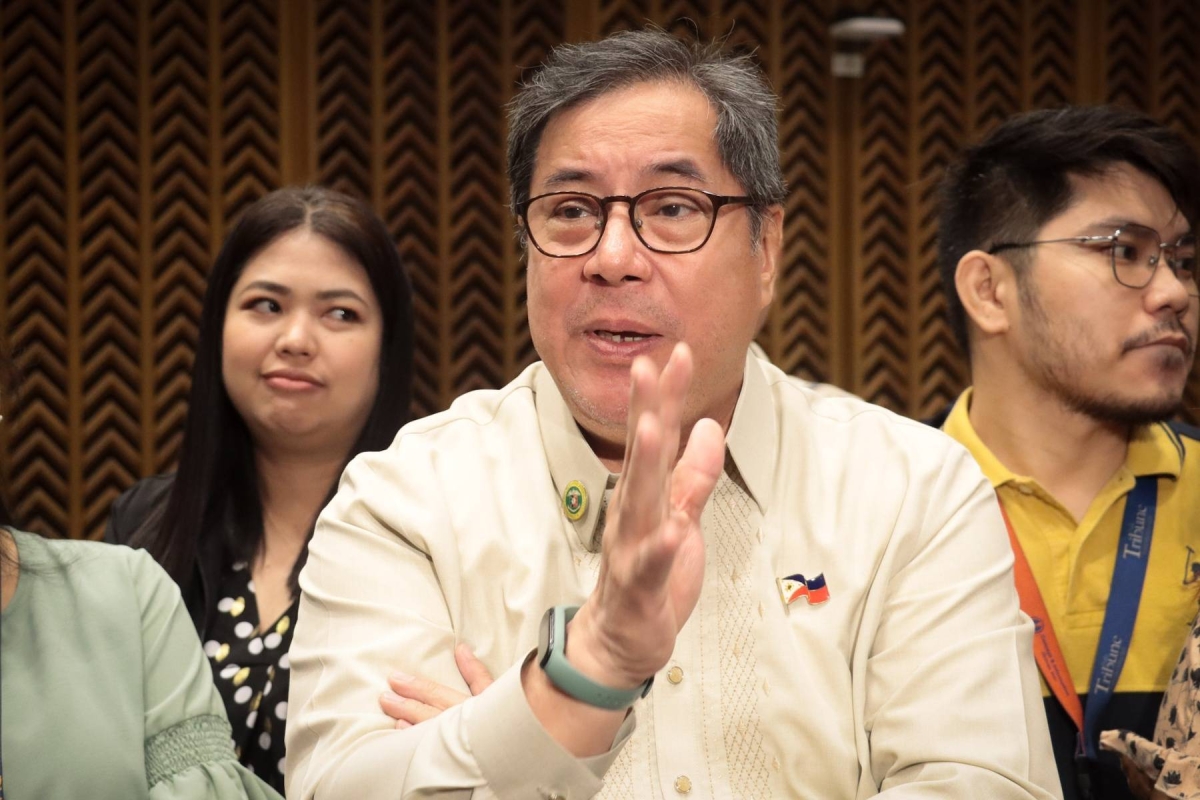The Department of Health (DoH) in the Philippines is committed to providing accessible and adaptable healthcare services for all Filipinos through the full implementation of the Universal Health Care (UHC) law. This law, passed in 2019, guarantees equal access to quality and affordable healthcare services for every Filipino citizen, regardless of their socioeconomic status.
Health Secretary Teodoro Herbosa, in his first 100 days in office, has focused on ensuring that healthcare services are accessible to all Filipinos. He believes that every Filipino should feel the impact of the UHC Law. To achieve this, the law automatically enrolls all Filipino citizens in the National Health Insurance Program. Citizens can be direct contributors, meaning they have the capacity to pay premiums, or indirect contributors sponsored by the government, such as indigents and senior citizens.
To ensure the effective implementation of the UHC Law, President Ferdinand Marcos Jr. has approved the creation of a coordinating council. This council will serve as a governing body, overseeing the implementation of the law at the local government level. Its member agencies include the Department of Information and Communications Technology, Department of Budget and Management, Department of Finance, Philippine Health Insurance Corporation, Philippine Regulation Commission, National Economic and Development Authority, Technical Education and Skills Development Authority, Commission on Higher Education, and Department of Education. The Department of Health will chair the council, with the Department of the Interior and Local Government as its co-chair.
The establishment of this council is crucial in addressing the fragmentation of the health system, which became evident during the Covid-19 pandemic. The decentralization of the health system to municipal mayors and governors, as mandated by the local government code, has led to inconsistencies in healthcare delivery. The council will ensure a well-integrated system and standardize the implementation of the UHC Law across different local government units (LGUs).
One of the key aspects of the UHC Law is the creation of a special health fund. The council will closely monitor the spending of this fund and how it is utilized by LGUs and local health systems. The goal is to improve the efficiency and effectiveness of healthcare services and ensure that no one is left behind.
In line with its 8-point action agenda, the Department of Health follows the principle of “No One Gets Left Behind.” This agenda focuses on safe and quality service delivery, preparedness against pandemics and crises, and the welfare and rights of healthcare workers. It underscores the much-needed transformation in the country’s health sector.
As part of this agenda, the Department of Health has established Malasakit Centers, which serve as one-stop shops for government health services for indigent patients. These centers provide accessible and comprehensive healthcare services. Currently, there are 159 Malasakit Centers across the country, with the latest one inaugurated at the Bislig District Hospital in Bislig City, Surigao del Sur.
Additionally, the Department of Health has taken President Marcos’ directive to pursue a whole-of-society approach in combating tuberculosis. This approach involves collaboration between the government, healthcare professionals, and the community to address the challenges posed by tuberculosis.
In conclusion, the full implementation of the Universal Health Care Law in the Philippines aims to provide accessible and adaptable healthcare services for all Filipinos. The creation of a coordinating council ensures the effective rollout of the law and addresses the fragmentation of the health system. With the principle of “No One Gets Left Behind” at its core, the Department of Health is committed to transforming the country’s health sector and improving the welfare of its citizens.







